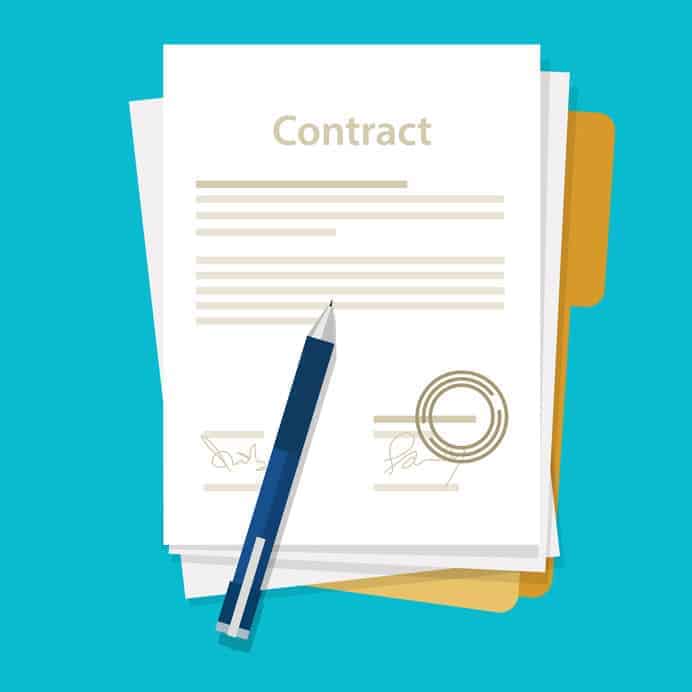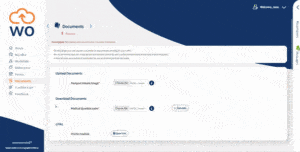On April 6th, 2020 the UK laws relating to employment rights are changing.
The new legislation is stripping away the two-month period that employers currently enjoy to issue new starters with a written statement of employment particulars, such as a contract and offer letter.
By removing this legal ‘wiggle’ room, it makes efficient onboarding an organisational necessity in order to avoid the risk of compliance breaches and penalties.
Here’s what you need to know…
What’s changing?
These changes are based on recommendations contained within the Good Work Report, which was commissioned by the UK Government as a response to the Taylor Report.
They include a series of revisions to the Employment Rights (Employment Particulars and Paid Annual Leave) (Amendment) Regulations 2018 legislation.
Currently, a written statement of particulars of employment (such as contract and offer letter) need to be given to an employee within two months of their start date.
The new regulation changes this, making it a legal right for employees to receive this information from the moment they start a new role – on or before day one.
The exact phrasing in the statute is that “the document is given not later than the beginning of the employment.”
This becomes a legal requirement from April 6th, 2020.
What does this mean for employee onboarding?
Ensuring compliance with the new legislation means that all contractual agreements need to be completed on or before a new employee starts.
It removes the option from HR teams to sort out paperwork after an employee has started. This often happens as a result of slow paperwork processes or delays caused by negotiations over terms and conditions. Plus, paperwork could also come from a centralised HR team that is separate from Hiring Managers making any decisions.
How best to handle the changes?
This is just the latest legislative change to place a greater emphasis on hiring organisations having fast and effective ways to manage the onboarding process.
The recent General Data Protection Regulation (GDPR) also requires HR teams to have robust and reliable ways to manage all of the communications required during the onboarding phase.
Technology is playing a vital role in helping hiring teams to meet these demands and find more efficient and streamlined ways to handle employment paperwork. A cloud-based system such as Webonboarding removes the need for any manual or paper-based handling of information.
An online portal is used to manage and monitor the entire onboarding process with electronic signing allowing contracts and offer letters to be handled online. This move to a paperless process allows onboarding times to be reduced from weeks to days with no documentation having to be posted out.
It allows HR to track and monitor onboarding in real-time and to ensure that all paperwork is completed and signed off before a new hire starts. Any negotiations or changes to terms can be easily managed with revised documentation being instantly accessible to incoming employees.
What happens if the law is breached?
The legislation changes in 2020 include tougher penalties for companies found to have breached employment law. This includes the maximum penalty being raised from £5,000 to £20,000 and a new ‘naming and shaming’ approach to employers that fail to pay tribunal awards.




